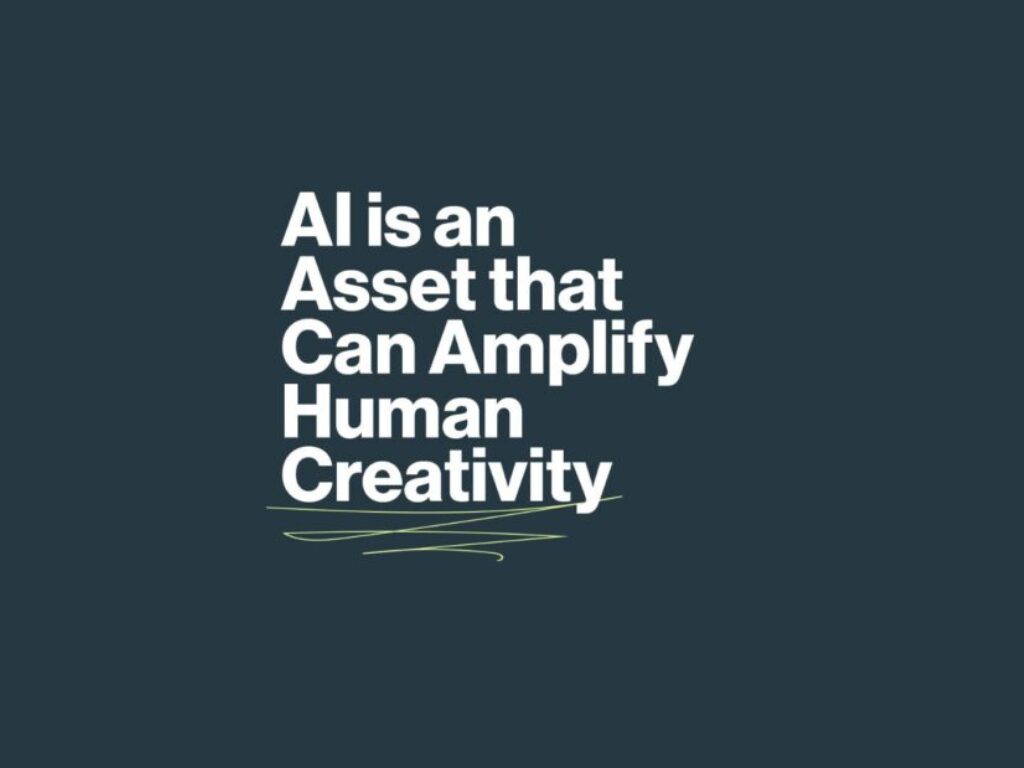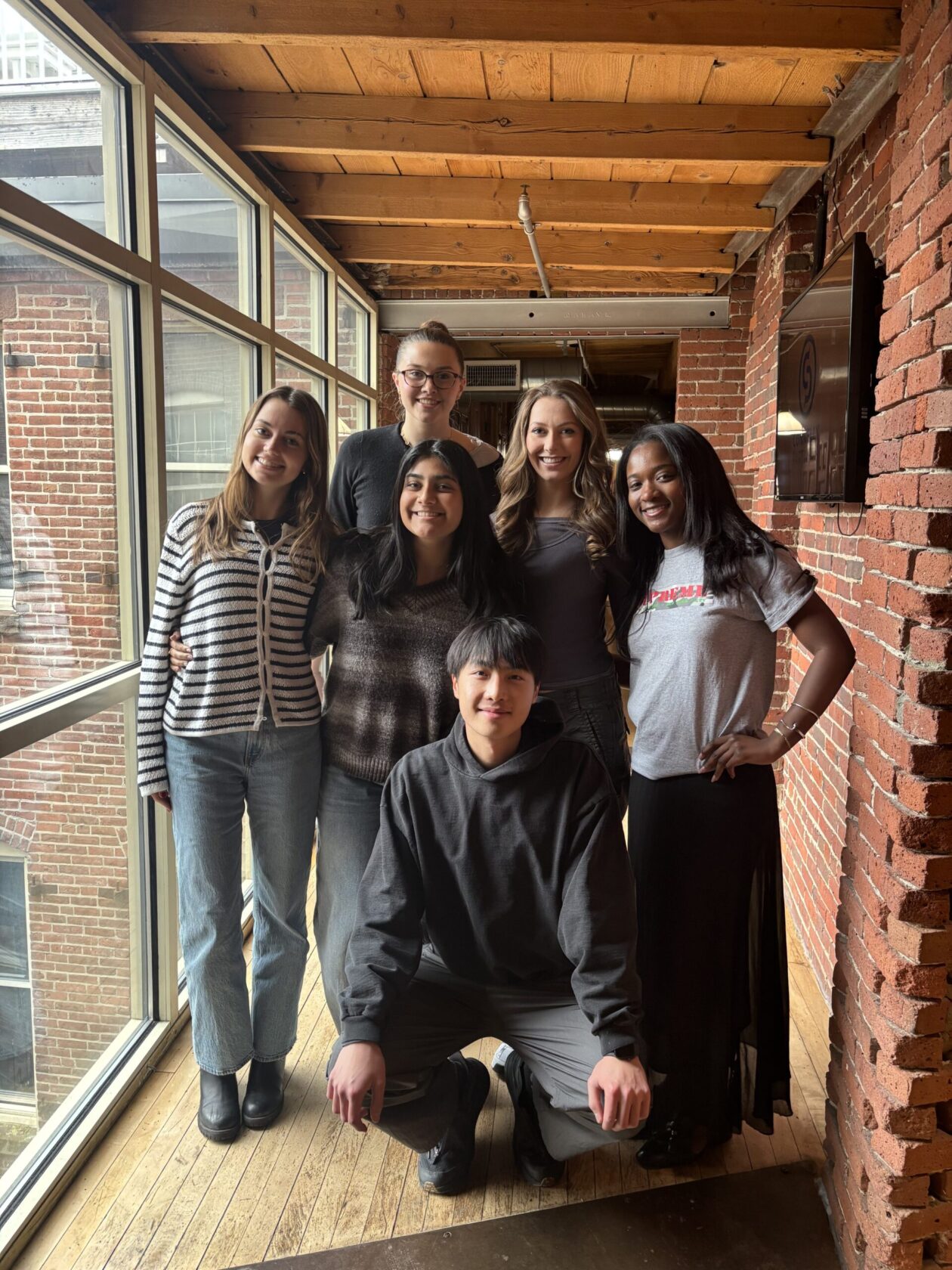Marc Santos, Associate Director of Strategy

I just spent 3 jam-packed days in Nashville at The Market Research Event (TMRE). I listened to and chatted with Insights & Strategy leaders from across the world. A Disney trip for people like me that obsess over understanding humans and what it means for brands and our futures.
I was inspired by an idea that ultimately led me to a thought: meaning is misunderstood.
We use meaning predominantly in the pursuit of better understanding something else. What does this or that mean? We don’t give the actual concept of meaning enough love. We don’t think or talk about the meaning of meaning. We use it too one-dimensionally. You know what I mean? Hang with me…
Roughly 40% of English words have more than one meaning (reason enough why my Portuguese grandparents never mastered it). And beyond words, meaning can be feelings, visuals, actions, and implications. It can be past, present, or future. It can change. That all makes meaning the opposite of one-dimensional.
Here are three implications of meaning for brands and why:
Meaning is dynamic.
Oftentimes, brands think about marketing and product innovation in pillars. The example I’m going to use here is around the idea of convenience.
Over the years, the meaning of convenience has changed. In Grocery or QSR, convenience once meant physical presence in as many locations as possible and has evolved into self-checkouts/kiosks, curbside pickup, and “is my grocery store on Instacart yet?” These are all products of convenience = time saved.
There is a race to provide the fastest, most seamless experience possible. Brands are putting their Benjamin’s and brains towards the cause but as they do, something more macro may be happening. What will it mean to have a relationship with a customer? What if time spent becomes more coveted than time saved? What if one day speedy experiences mean soulless ones?
People are funny. Maybe one day they’ll work harder for brands because they’re willing to, want to, or it becomes normal to. In that world, a brand designed to make it easy – but not engaging – will become boring and forgettable.
Meaning is active.
You can’t go a day without hearing the words ‘authentic’ and ‘purpose.’ They’re only worse when they’re used in a sentence together. As it’s well-documented, living their stated purpose is where brands can be vulnerable.
That old phrase “SAY WHAT YOU MEAN!” has been totally replaced with “DO WHAT YOU SAY!” because our mental say-do equation has changed drastically over the last few years and instead of giving the benefit of the doubt, we’re actively monitoring and questioning brand behaviors – regardless of whether we’re evaluating them as their customer or never intend to be anyway.
Purpose is reason – something stated. Meaning is significance – something created. By being hyper-focused on purpose, we’re predisposed to focus on words and messages but when we focus on meaning, we’re naturally in action.
Meaning is power.
Using an airplane analogy, meaning plays the role of a rudder. The rudder is important but only plays a role when the pilot engages it. A decision vs. natural occurrence. Meaning is oftentimes used in that same capacity – necessary context to “land the plane” (excuse the bad pun), but what if meaning was in the pilot’s seat and could inspire decisions?
There is a rapidly-growing department within many of the world’s top brands – Foresight Teams. Rudders in the cockpit. These teams have a challenging job to predict what’s largely unpredictable. Present day Consumer Insight is hard enough given people don’t always say what they mean, do what they say, or tell you what they really think. But sometimes they can indirectly or unknowingly offer clues about what their mindsets and behaviors today suggest about the future.
With the right blend of indirect association and projective exercises (and the right eyes on the data!), brands can find avenues where meaning can power their longer-term futures vs. solely helping them navigate today.
Remember… meaning isn’t perfect because it’s created by people who aren’t perfect. We’re illogical and change our minds… a lot. The more brands can prepare for meaning to change, the better.



